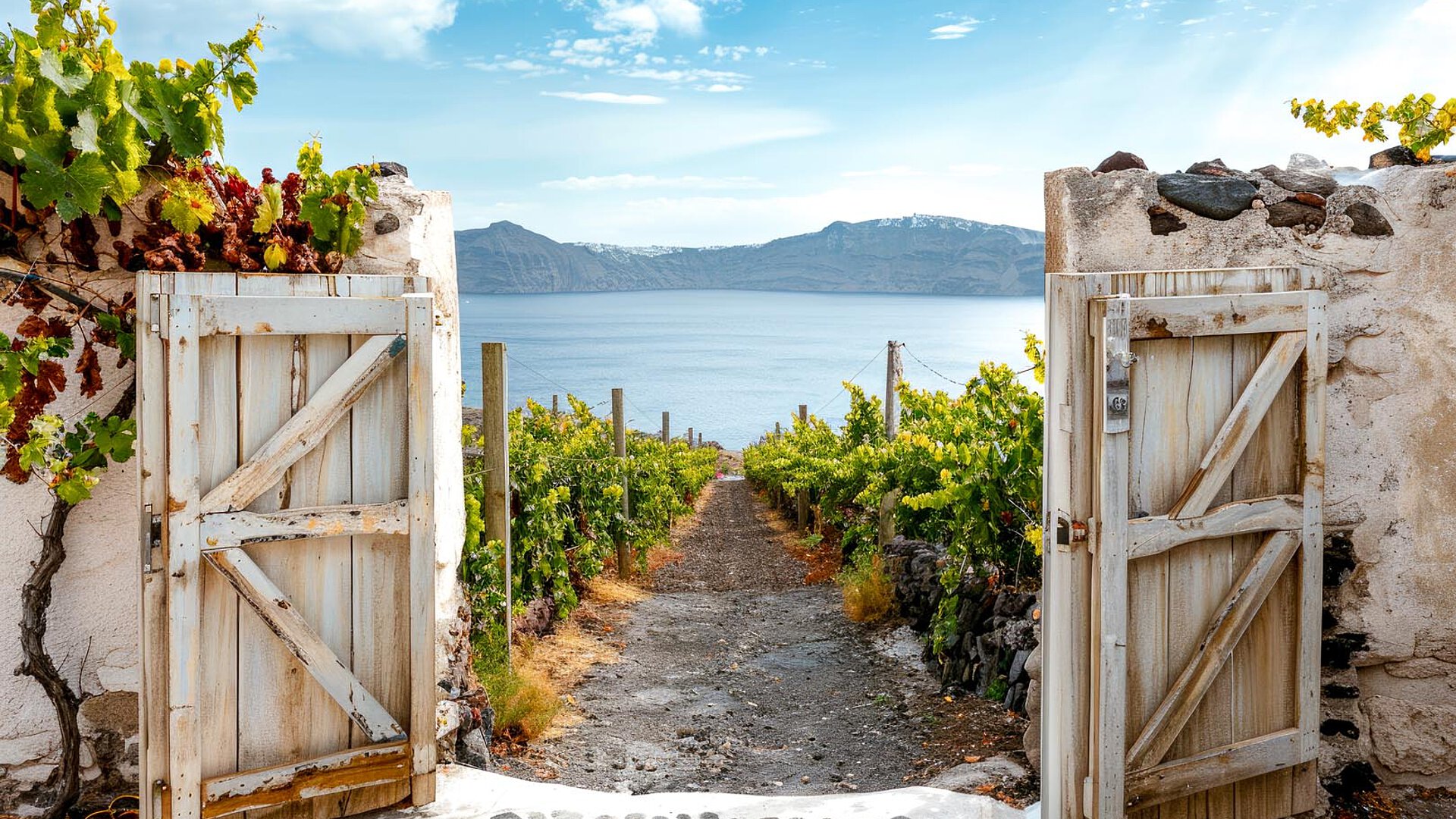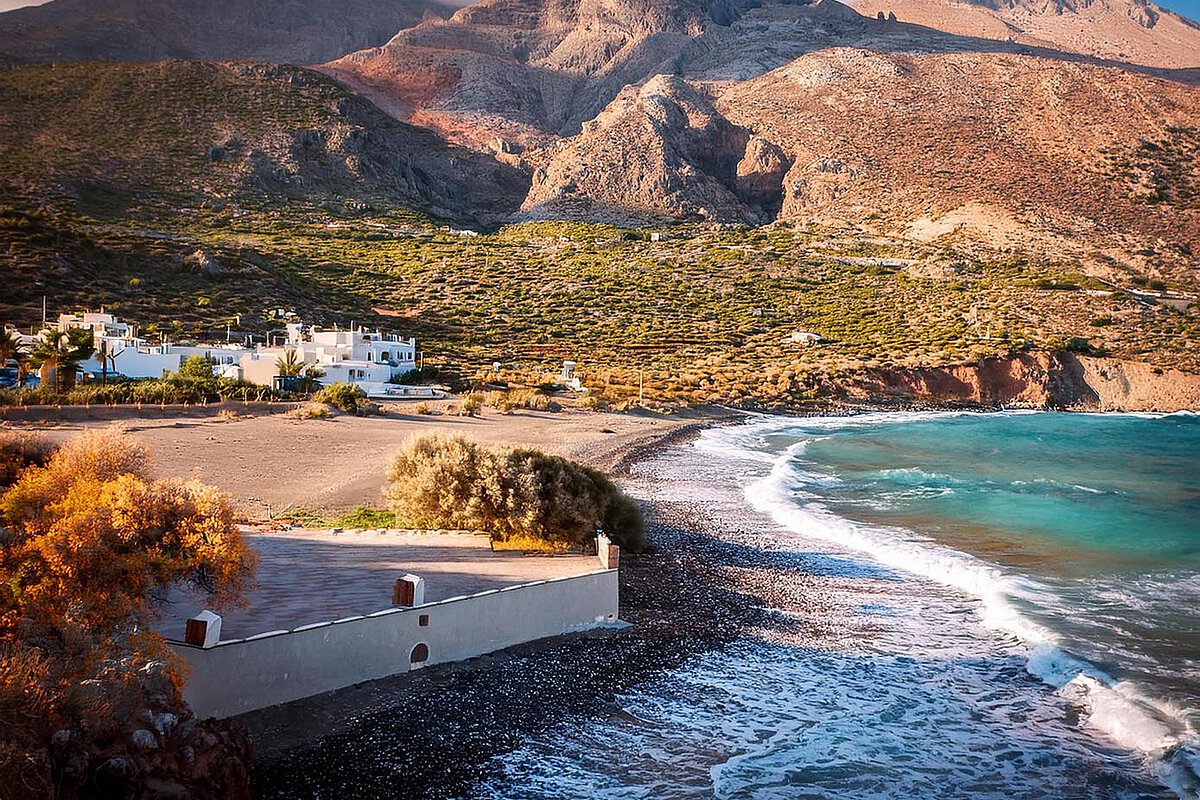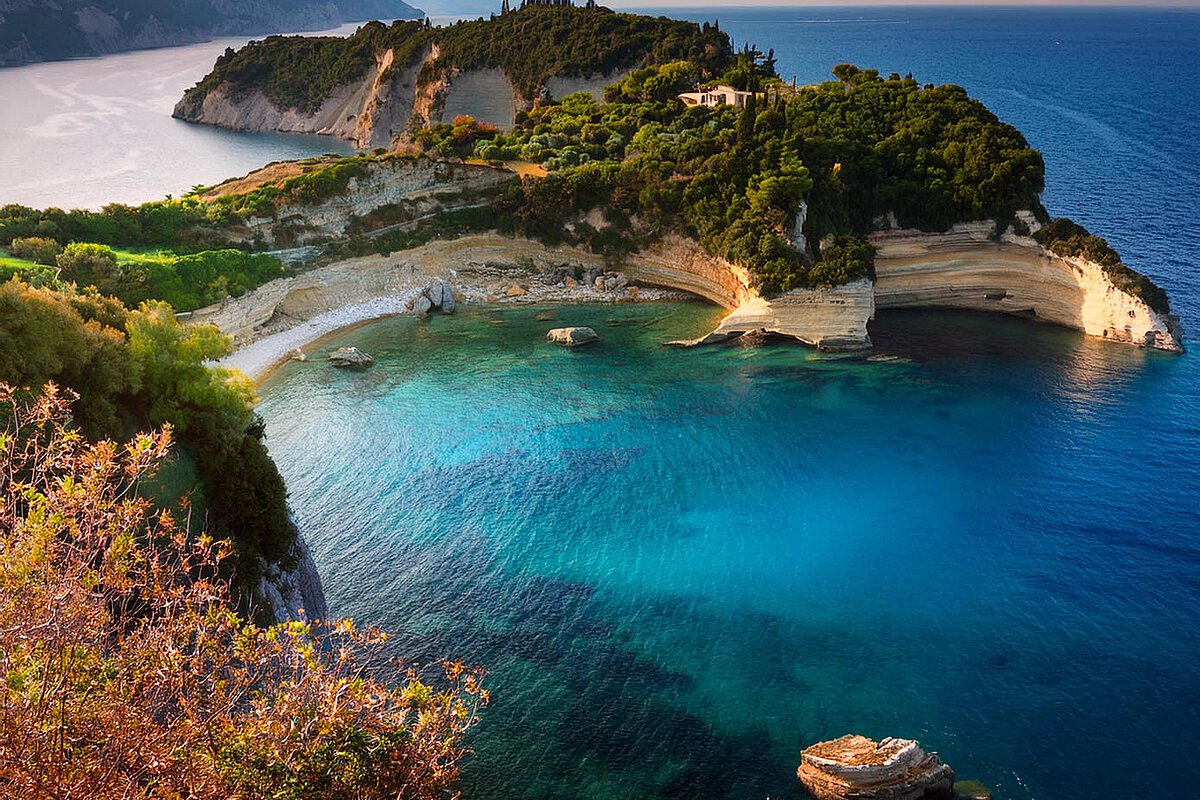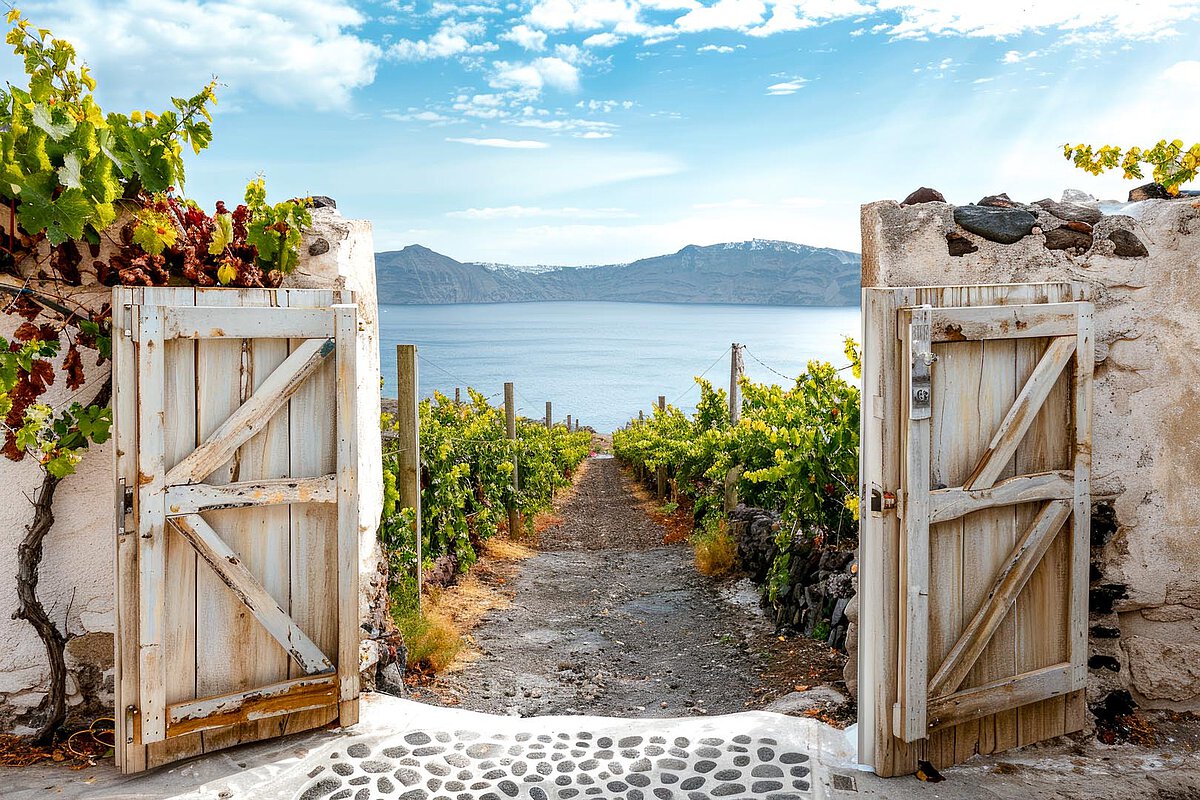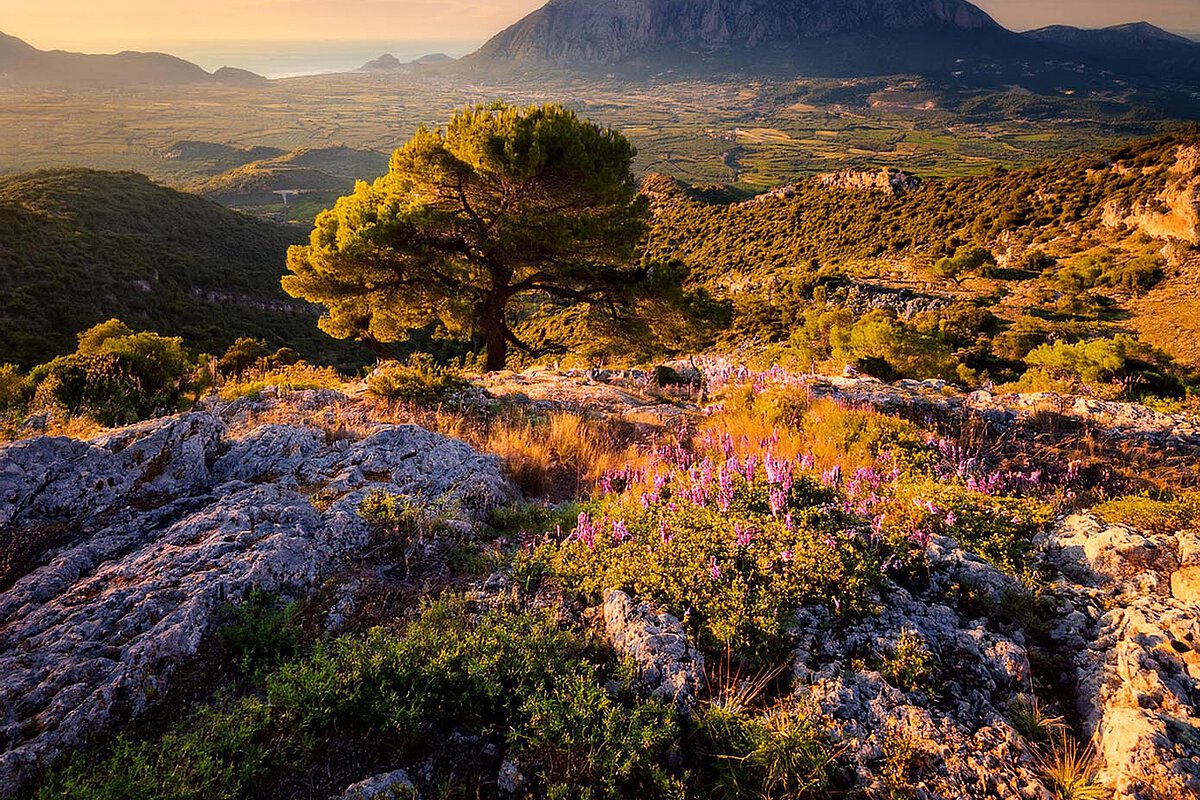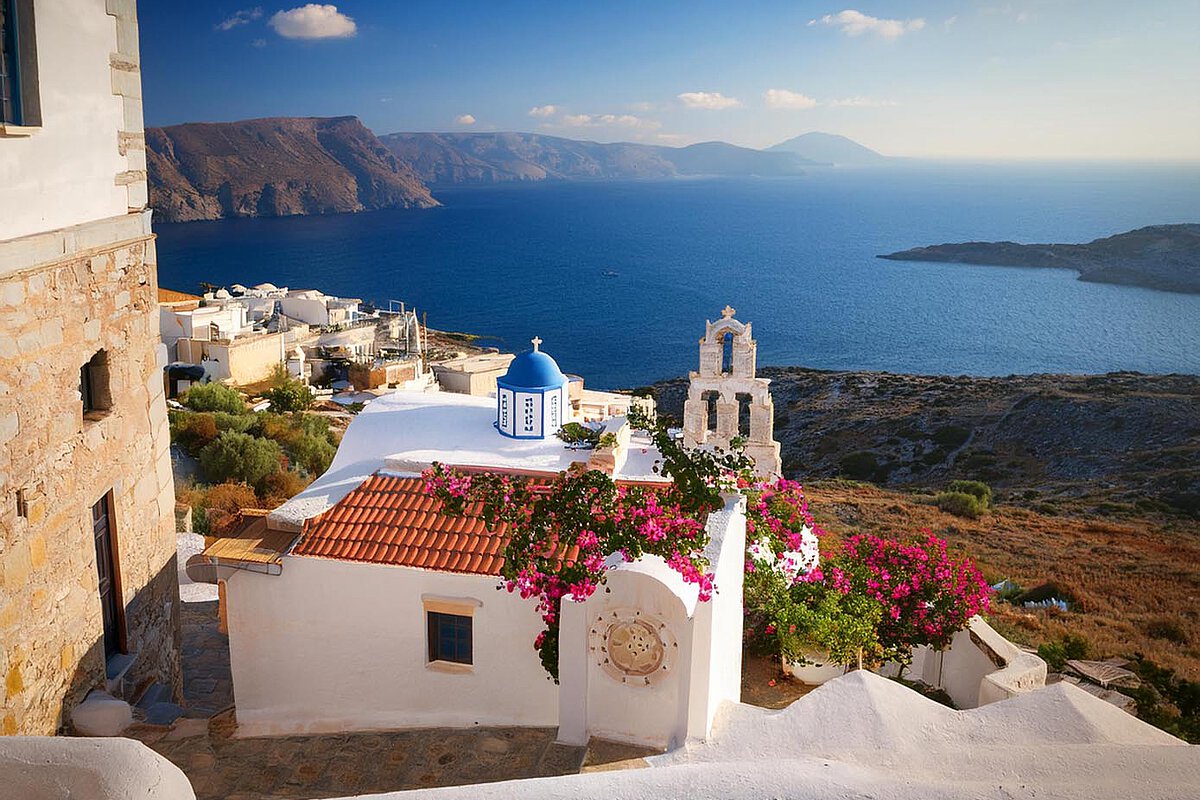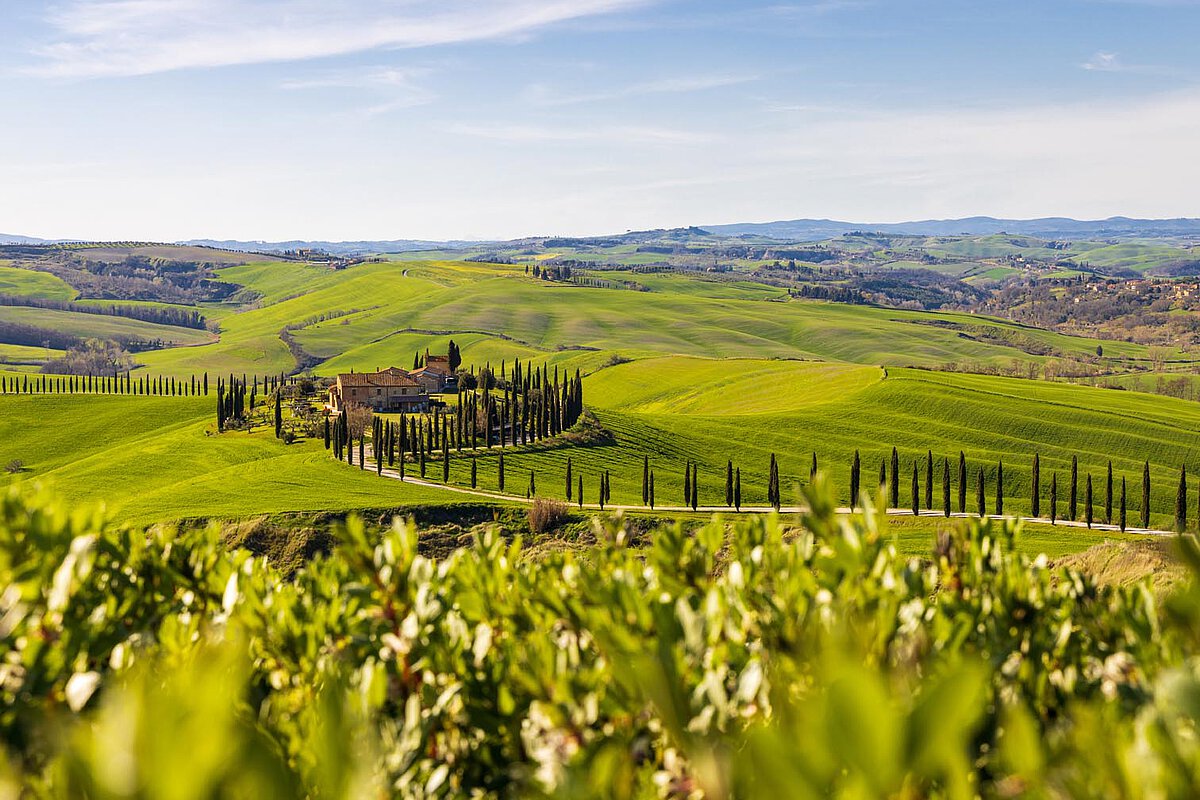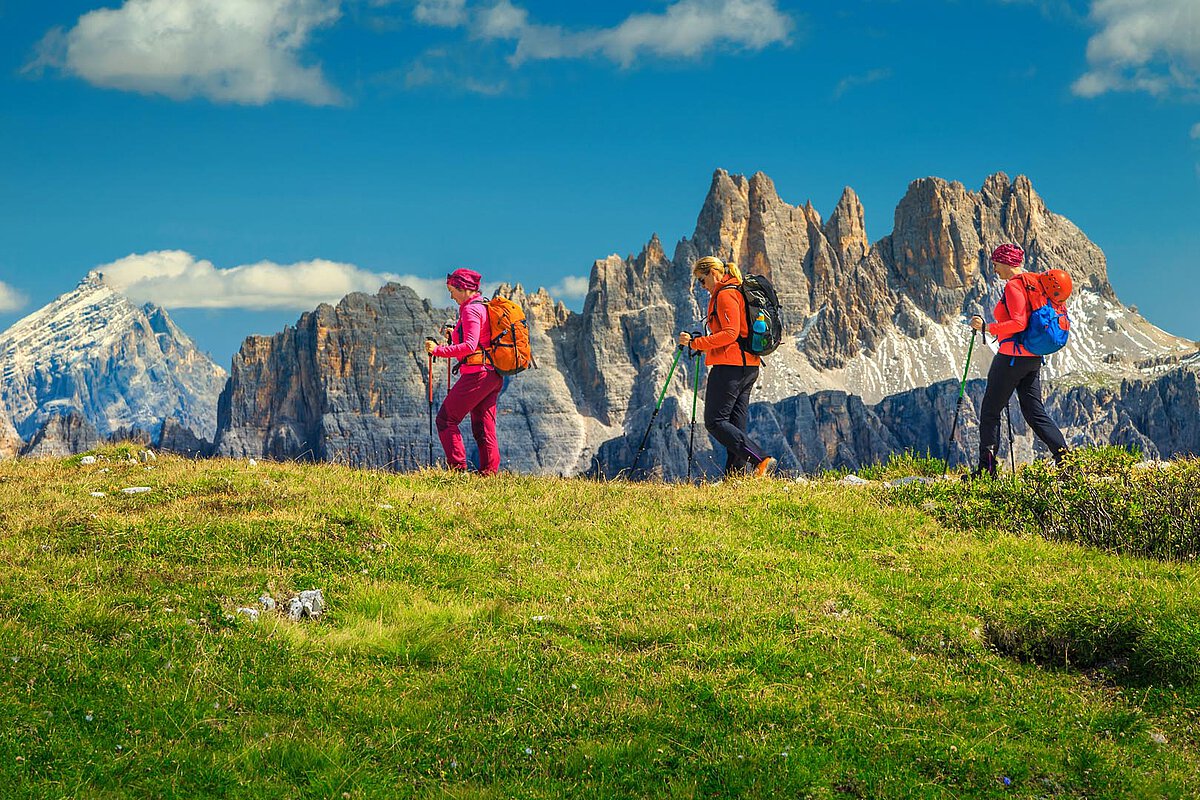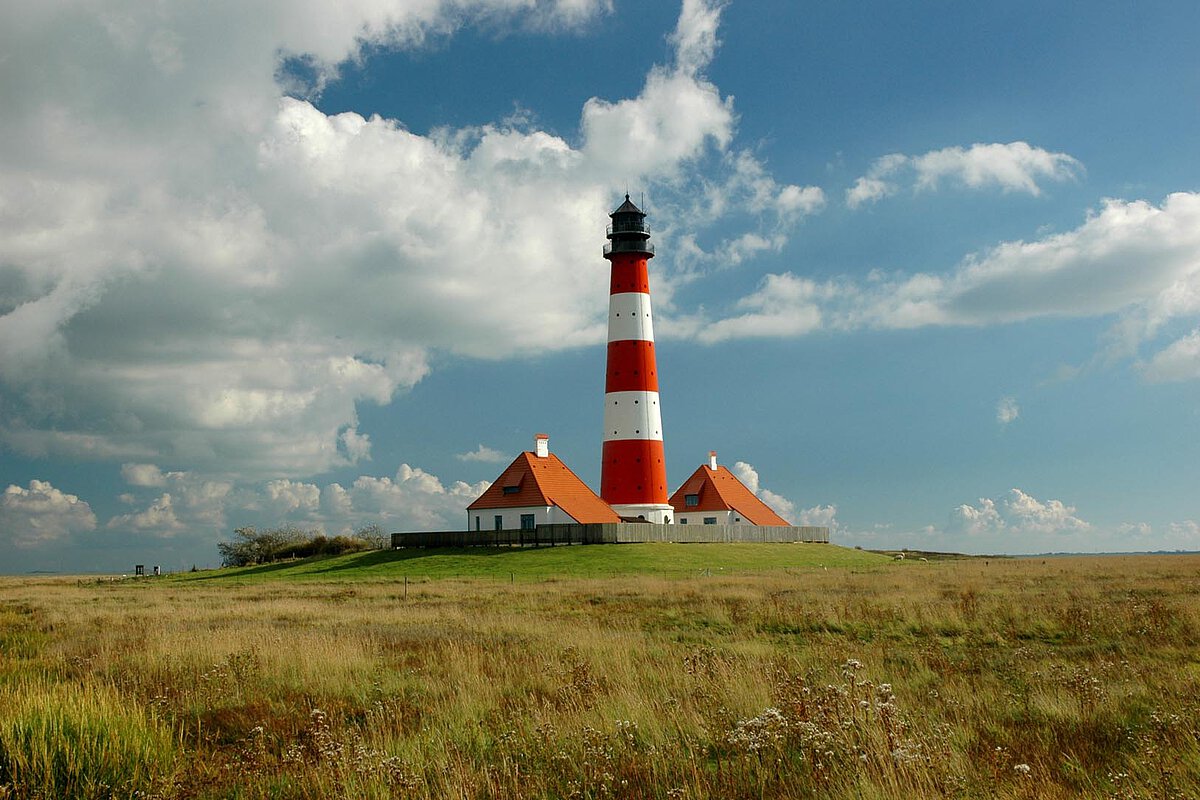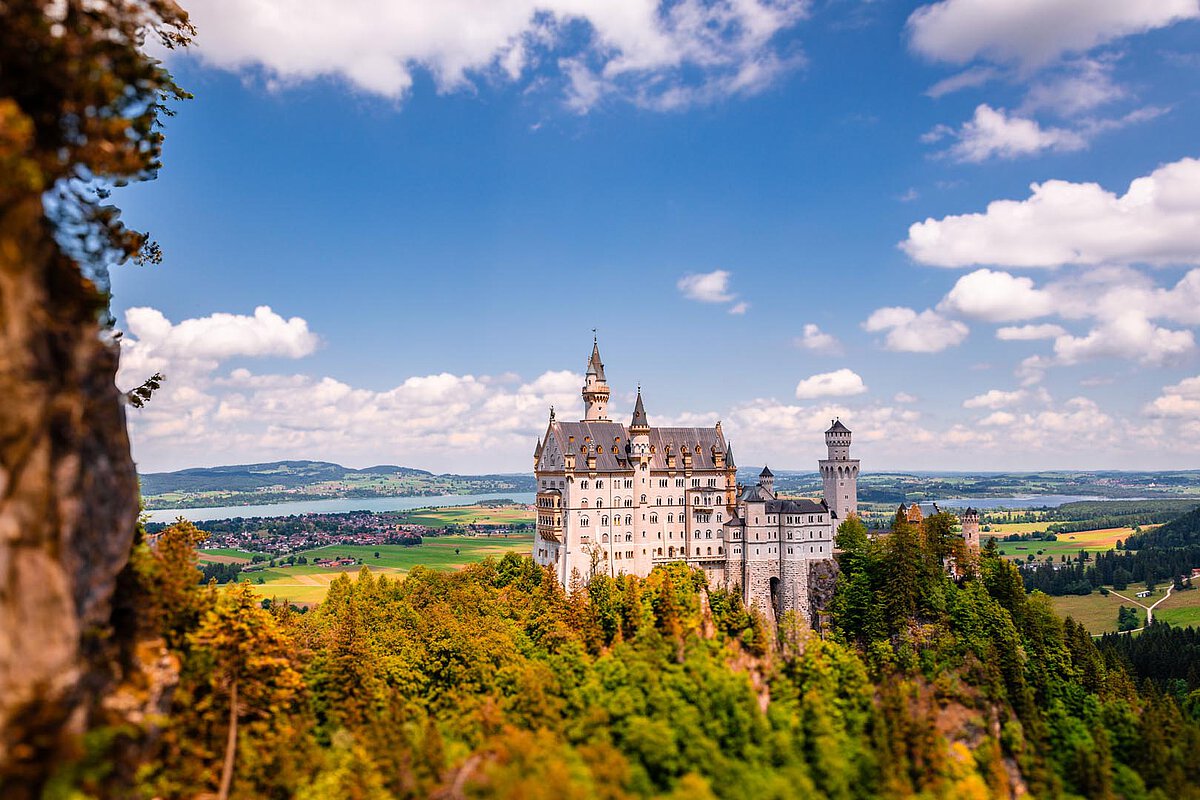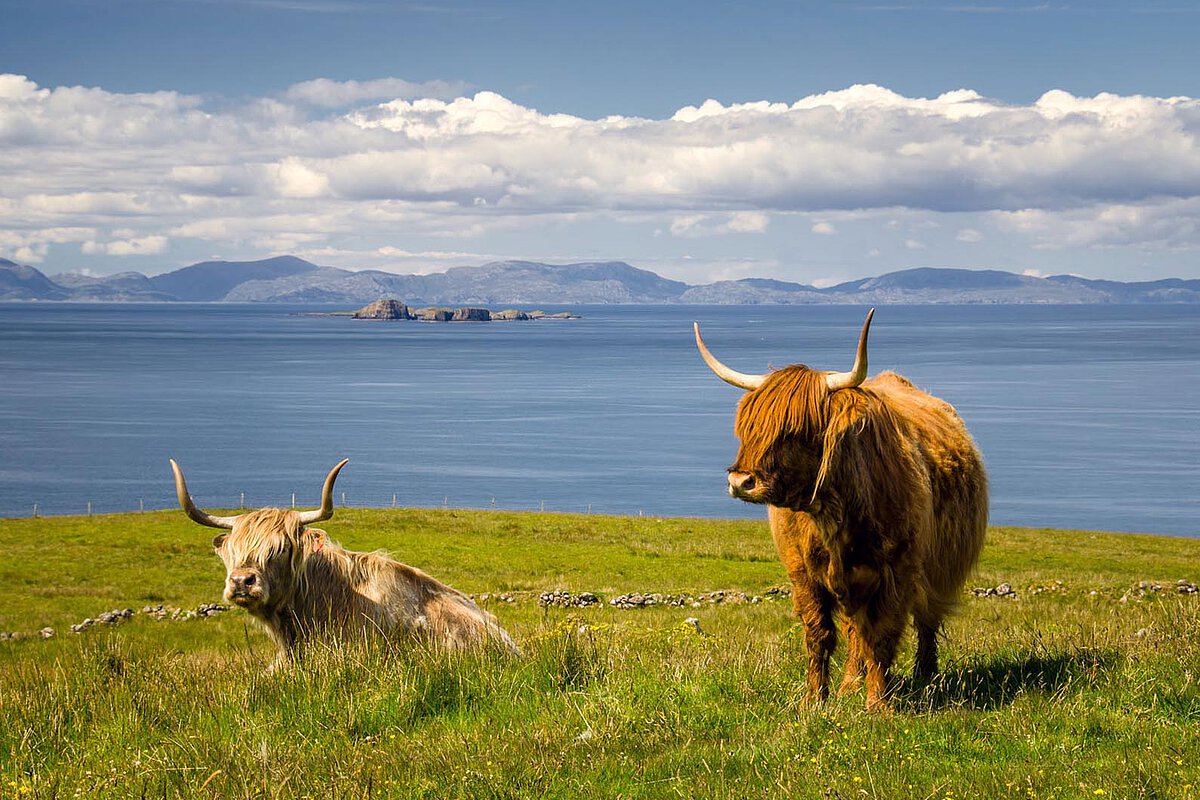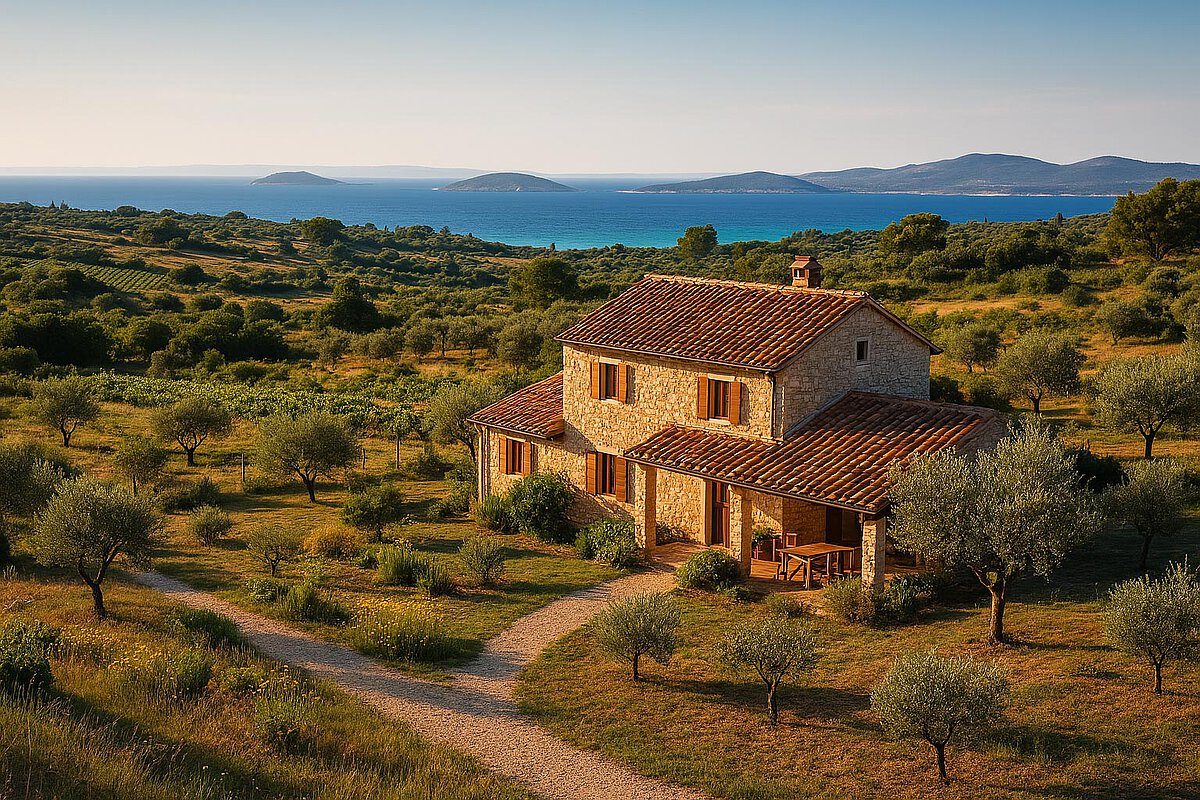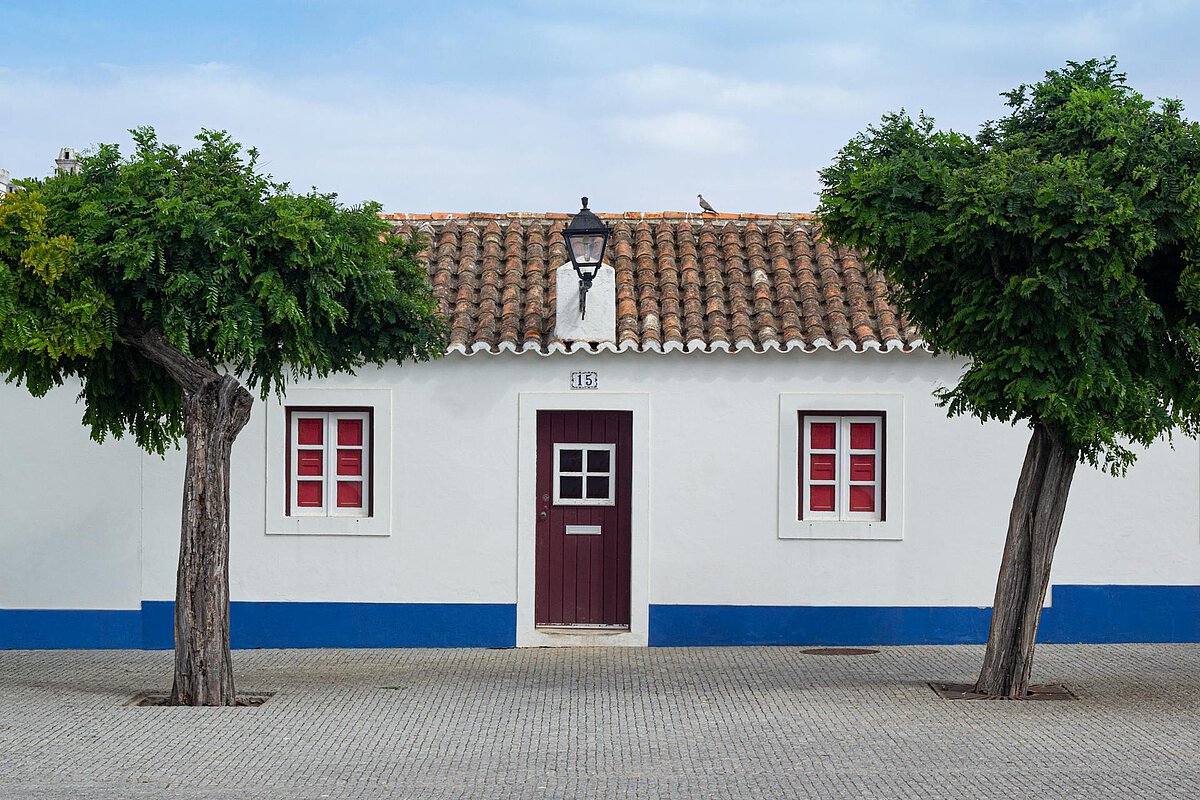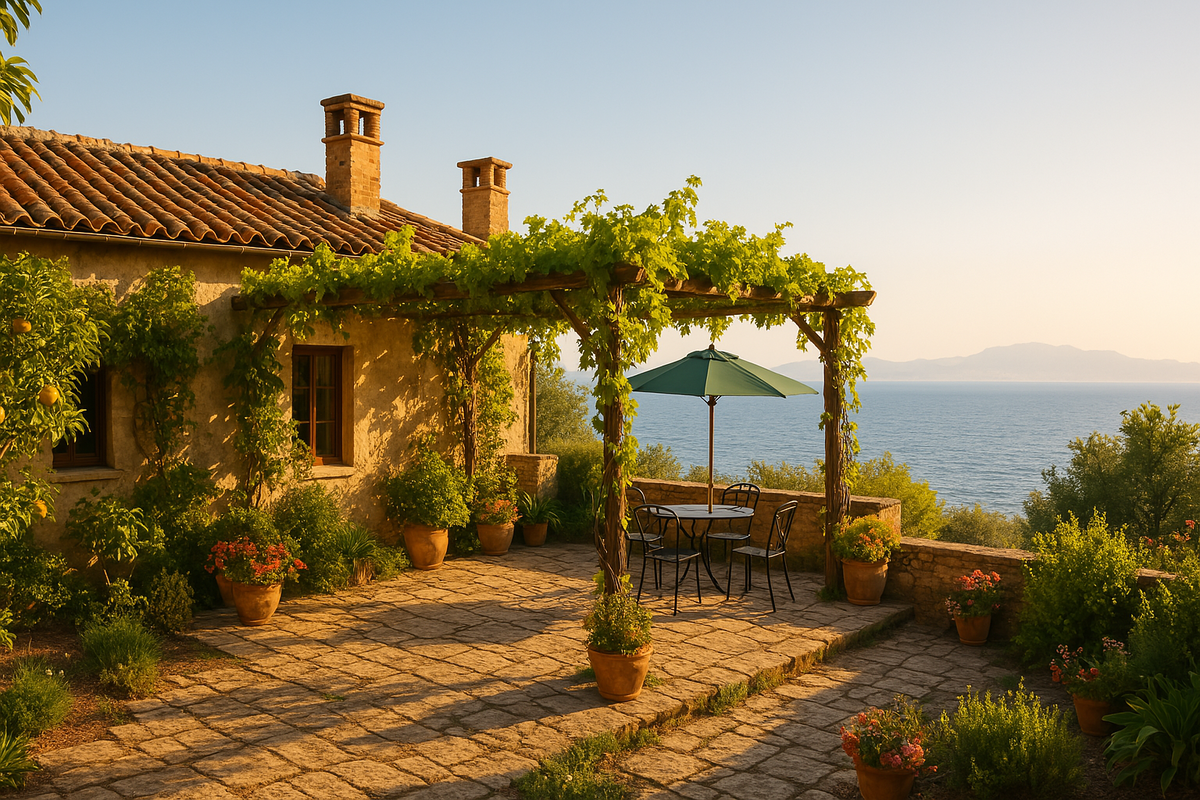Greece's rural and coastal escapes
Ancient ruins and azure seas
Greece's Most-Loved Rural Regions
Family-Friendly Accommodations
Countryside Sustainable Stays
Didn’t find what you were looking for?
Discover these countryside gems!
Greece: Where Ancient Wonders Meet Mediterranean Bliss
Between azure seas and olive groves, Greece weaves together mythological landscapes, timeless ruins, and vibrant traditions. This sun-drenched paradise offers an authentic journey through history while providing intimate encounters with unspoiled nature and traditional farm life.
Add to that the warmth of local hospitality in traditional agriturismos and you have the perfect recipe for an immersive Mediterranean experience. Be captivated by the ancient whispers of the Acropolis in Athens or lose yourself in the traditional farming villages of the Peloponnese.
Wander through centuries-old olive groves in Kalamata, experience authentic sheep herding in the mountains of Epirus, or live a Cycladic dream among the whitewashed villages of Naxos, where traditional farming still shapes daily life.
Some interesting facts
Nestled in southeastern Europe, Greece is cradled by the Aegean, Mediterranean, and Ionian seas. The mainland features a dramatically varied landscape, from the peaks of Mount Olympus to the fertile plains of Thessaly.
Mount Olympus, the mythological home of the ancient gods, reaches 2,917 meters into the sky. The country's terrain alternates between rugged mountains, where traditional shepherding persists, and fertile valleys dotted with olive groves and vineyards.
The country encompasses approximately 131,957 square kilometers, including thousands of islands. Athens, Thessaloniki, and Patras are among the major urban centers, though much of Greece's charm lies in its rural areas and islands.
A land of agricultural heritage
Greece's agricultural tapestry is rich and diverse, with olive cultivation leading the way. The country produces some of the world's finest olive oil, particularly in regions like Kalamata and Crete.
The fertile plains of Macedonia and Thessaly yield impressive harvests of wheat, cotton, and tobacco. Meanwhile, the hillsides across the country support vineyards producing distinctive Greek wines from indigenous grape varieties.
Island and coastal agriculture
The Greek islands have developed unique agricultural practices adapted to their terroir.
Santorini's volcanic soil produces exceptional tomatoes and white eggplants, while Naxos is famous for its potatoes grown in mineral-rich earth.
Coastal regions excel in citrus production, with oranges from the Peloponnese being particularly noteworthy.
The islands also maintain traditional practices like terrace farming, preserving centuries-old agricultural wisdom.
Mainland cultivation
Central Greece and the Peloponnese are agricultural powerhouses. The plains of Thessaly, often called Greece's breadbasket, produce substantial grain crops.
The region of Kozani is renowned for its saffron, while Drama in Macedonia has emerged as a significant wine-producing region.
Traditional practices merge with modern methods here, as farmers maintain age-old techniques while adopting sustainable innovations.
Many agriturismos in these regions offer visitors the chance to participate in seasonal activities, from olive harvesting to wine making.
Mountain agriculture
In the mountainous regions of Epirus and Macedonia, traditional livestock farming flourishes.
These areas are famous for their dairy products, particularly feta cheese and yogurt made from sheep's and goat's milk.
The mountain slopes support herb cultivation, with wild oregano, thyme, and sage growing abundantly.
These herbs contribute to both the local cuisine and traditional medicine.
Mount Olympus rises 2,917 meters skyward, spreading its divine footprint across 500km² of Greece.
Source: national-parks.org
A treasure trove of natural beauty
From pristine beaches to dramatic gorges, Greece offers natural spectacles that complement its agricultural heritage.
Visit a working olive farm in the Peloponnese to witness the autumn harvest, or join the grape picking in Macedonia's vineyards. Many traditional farms offer accommodations where visitors can experience authentic Greek rural life.
Experience the spring sheep migration in Epirus, where shepherds move their flocks to mountain pastures, continuing a practice that dates back millennia.
Or participate in the saffron harvest in Kozani, where the precious spice is still collected by hand.
FAQs
The ideal time depends on your interests.
- September-October is perfect for olive harvesting and wine making in regions like Kalamata and Macedonia
- Spring (April-May) offers opportunities to witness sheep migration in Epirus and herb collection in mountain regions
- For saffron experiences in Kozani, plan your visit in October-November
- Summer (June-August) is excellent for fruit harvesting and coastal agricultural activities
The Peloponnese and Thessaly regions offer the most comprehensive agritourism experiences.
Traditional farms in these areas provide accommodations and hands-on activities in olive groves, vineyards, and grain fields.
The plains of Thessaly, Greece's breadbasket, showcase large-scale agriculture, while Kozani's saffron fields and Drama's wineries offer specialized experiences
Mount Olympus, rising 2,917 meters and covering 500km², creates diverse agricultural microclimates.
The mountain slopes support traditional herb cultivation, including wild oregano, thyme, and sage. The surrounding valleys benefit from rich soil and unique weather patterns, enabling varied cultivation.
The mountain region is particularly known for livestock farming, producing renowned dairy products like feta cheese and yogurt from sheep and goat milk.
Greek island agriculture is distinguished by its adapted farming methods and unique products.
- Santorini's volcanic soil produces distinctive tomatoes and white eggplants
- Naxos is famous for its mineral-rich potato fields. Islands utilize traditional terrace farming techniques to maximize limited arable land
- Coastal regions excel in citrus production, particularly oranges in the Peloponnese
Each island's specific terroir creates unique agricultural products not found elsewhere.
Visitors can engage in seasonal activities including:
- olive harvesting (autumn)
- grape picking (late summer)
- saffron collecting (autumn)
- sheep herding (spring)
Many agriturismos offer immersive experiences like traditional cheese making, herb gathering, and olive oil production. Participate in wine making in Macedonia's vineyards or citrus harvesting in coastal regions. Activities vary by season and region.
Local agricultural cooperatives in your regions of interest can help arrange farm stays and seasonal activities.
Consider the agricultural calendar when planning - different regions offer unique experiences throughout the year.
Look for certified agritourism networks that connect visitors with traditional farms and provide authentic experiences combining accommodation and farming activities.

